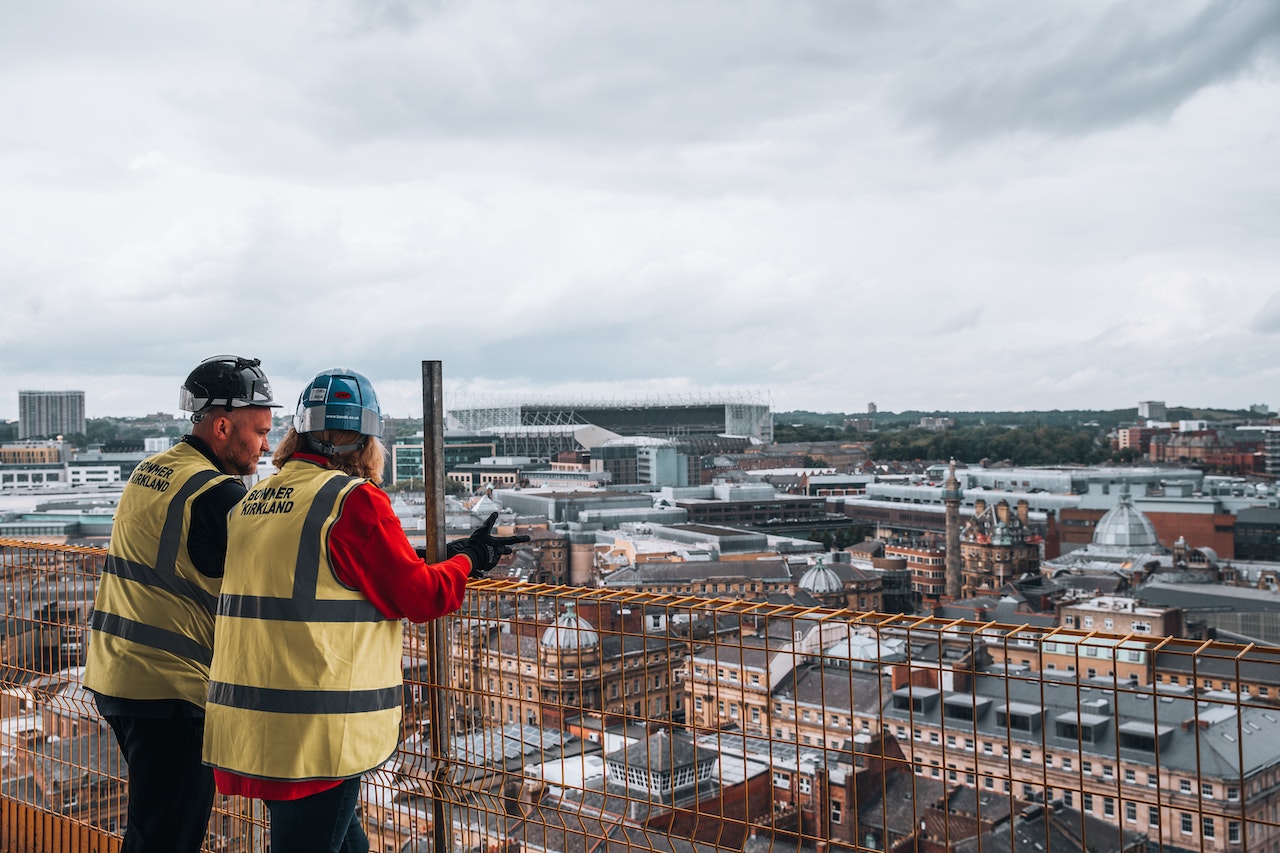Boosting Field Productivity with Edara Apps
Boosting productivity on a construction site can be challenging. With the rig...

In Part 1 of our blog series on construction management success, we discussed the background and the first step to successful construction management. In this second and final instalment, construction software experts will delve into more advanced techniques and best practices to help you streamline your construction management process and achieve even greater project success.
Lean construction is a project management approach that minimises waste, optimises resources and continuously improves processes. This philosophy emerged from the Toyota Production System (TPS) and has been successfully applied in the construction industry. By adopting lean principles, construction managers can improve productivity, reduce costs, and ensure project success.
The construction industry has come a long way in terms of technological advancements. App for construction management can significantly improve efficiency, collaboration, and decision-making capabilities.
Effective supply chain management can significantly impact the success of a construction project. It involves coordinating the procurement, delivery, and storage of materials and managing relationships with suppliers and subcontractors.
A strong safety culture is crucial for construction management success. Accidents and injuries not only impact the well-being of workers but can also cause project delays and increase costs.
The construction industry constantly evolves, and construction managers must stay updated with the latest trends, technologies, and best practices. By investing in professional development and training, you can ensure your team has the necessary skills and knowledge to perform at their best.
Sustainable construction practices have become increasingly important in today’s industry. By adopting green building principles, construction managers can reduce environmental impacts, improve energy efficiency, and enhance the overall value of their projects.
By incorporating these proven techniques and best practices into your construction management approach, you can maximise efficiency, reduce costs, and deliver successful projects on time and within budget. Remember that continuous improvement and adaptation are critical; the construction industry is constantly evolving, and so should your management strategies. Embrace innovation, invest in your team, and never stop learning to ensure ongoing success in construction management.
If you are looking for the best apps for construction in Sydney, look no further than Edara Apps. Our innovative technology and user-friendly interface make it easy for construction professionals to manage their projects and stay on top of deadlines. Whether you are a project manager or a foreman, our apps can help you streamline your workflow and improve your productivity. Do not settle for less regarding your construction software; contact us now for more information!
Comments